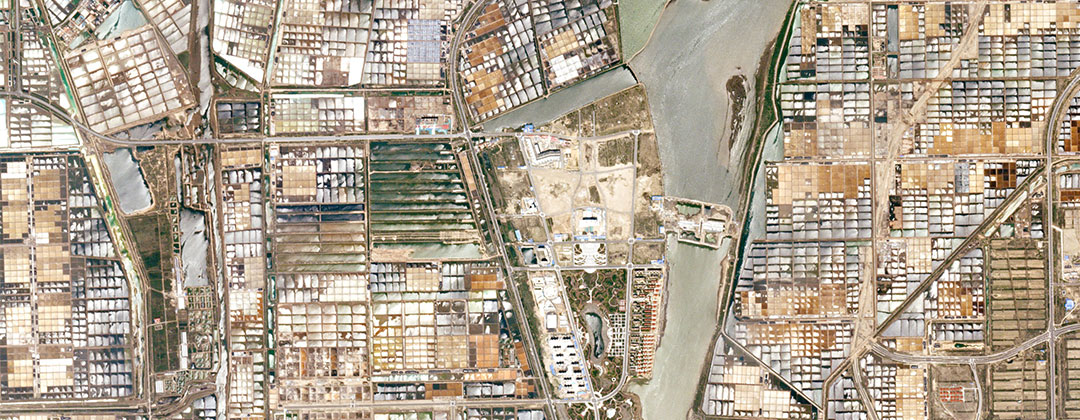How Satellite Data Can Help Create Smarter, Greener Cities
As announced earlier this year, Planet is once again partnering with Copernicus Masters, Europe’s leading innovation competition, to sponsor the See Change, Change the World challenge. The goal of the challenge is to find innovators interested in using Planet and Copernicus data to discover creative solutions to some of the world’s most […]











